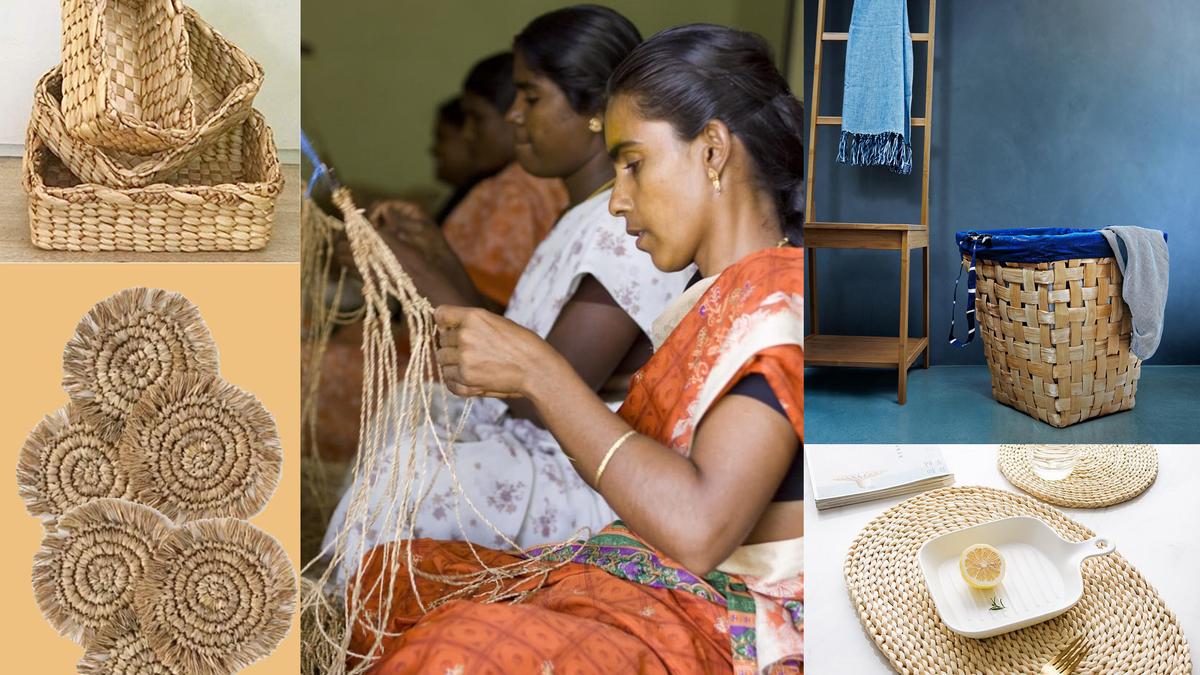Obesity is a global problem that (indirectly) causes millions of deaths each year through issues like stroke, heart diseases, high blood pressure etc. However, amidst the global pandemonium, do you know that France as a country, stands out as a rare example, with some of the lowest obesity figures in the developed world. What makes France so different, and what lessons can we learn?
Exploring France’s relationship with health
France’ love for rich foods—cheese, pastries, wine, and creamy sauces— seems to clash with its low obesity rates, but it all boils down to cultural habits, government policies, and lifestyle choices. French people enjoy their food, but they do so mindfully and in moderation. Meals are seen as a community celebration, eaten slowly and in smaller portions, rather than rushed or huge.
Here is how France has managed to keep obesity at bay
Smaller portions
French meals are typically served in smaller portions compared to those in countries like the United States. Eating is a leisurely, social experience, with an emphasis on savoring flavors and stopping when almost full. This reduces overeating and encourages a healthier relationship with food.
Limited/no snacking
Snacking between meals is rare in France, and if done, is usually roasted snacks, fruits, yogurt etc. The French tradition discourages opening the fridge for snacks, especially for children, which helps control calorie intake.
Fresh produce
French cuisine prioritizes fresh, seasonal, local, and minimally processed foods. Home-cooked meals are an everyday affair, and there’s a cultural emphasis on knowing what goes into your food. Processed and fast foods, while popular, are restricted to an occasional treat only.
Active lifestyle
The French walk a lot, and the infrastructure is designed to encourage people to do so as well. People often walk briskly, use public transport, and spend time outdoors, which helps burn calories and maintain a healthy weight.
Government initiatives
France has implemented strong public health measures, such as banning soda and snack vending machines in schools, taxing sugary drinks, and restricting junk food advertising to children.
What can we learn from France?
Quality over quantity: Encourage smaller portions and mindful eating, with no or limited snacking consisting of fresh fruits, crackers etc.
Stick to home cooked meals: Teach cooking skills and the importance of fresh, whole ingredients to everyone, including children.
Say no to snacking: Limit access to unhealthy snacks, especially for children.
Encourage exercise: Design cities and communities to support walking and active lifestyles.
Start early: Focus on nutrition and healthy habits from a young age through education, and live examples.
Source Homevior.in




